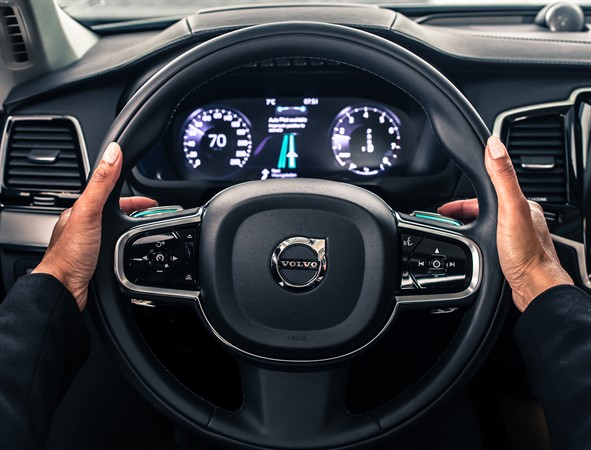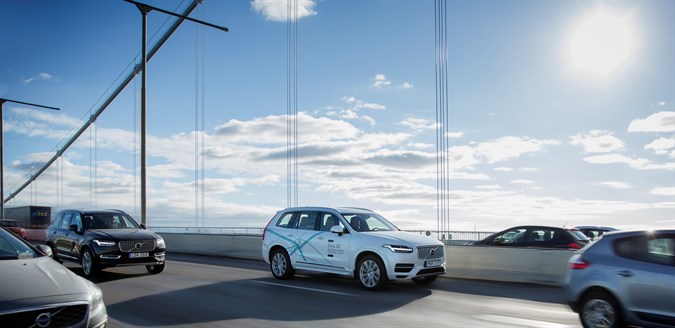Volvo to start testing self-driving cars on roads of China
Volvo Cars has announced its plans to launch an advanced autonomous driving experiment on the roads of China. The experiment will allow local drivers to test self-driving cars on public roads in everyday driving conditions.

The experiment will include up to 100 cars. In the coming months, Volvo will begin negotiating with Chinese cities that have an interest in participating to see which are able to provide the necessary permissions, regulations and infrastructure to allow the experiment to go ahead.
According to the car manufacturer, the introduction of autonomous driving technology may reduce car accidents, free up congested roads, and reduce pollution.
Volvo is taking necessary steps toward the development of autonomous driving systems as part of its commitment that no one will be seriously injured or killed in a new Volvo by the year 2020.
“Autonomous driving (AD) can make a significant contribution to road safety,” said Håkan Samuelsson, president and chief executive of Volvo. “The sooner AD cars are on the roads, the sooner lives will start being saved.”
Samuelson plans to welcome strategies from regulators and car makers in the U.S. and Europe to develop AD cars and infrastructure, and will also encourage everyone to work more constructively together to avoid patchwork global regulations, technological duplication and needless expense.
“AD is not just about car technology. We need the right rules and the right laws,” said Samuelsson.“Our starting point is that both the public and private sectors stand to benefit from new technologies and industries, so it is better to build bridges and work together than to all go in different directions.”


Comments are closed, but trackbacks and pingbacks are open.